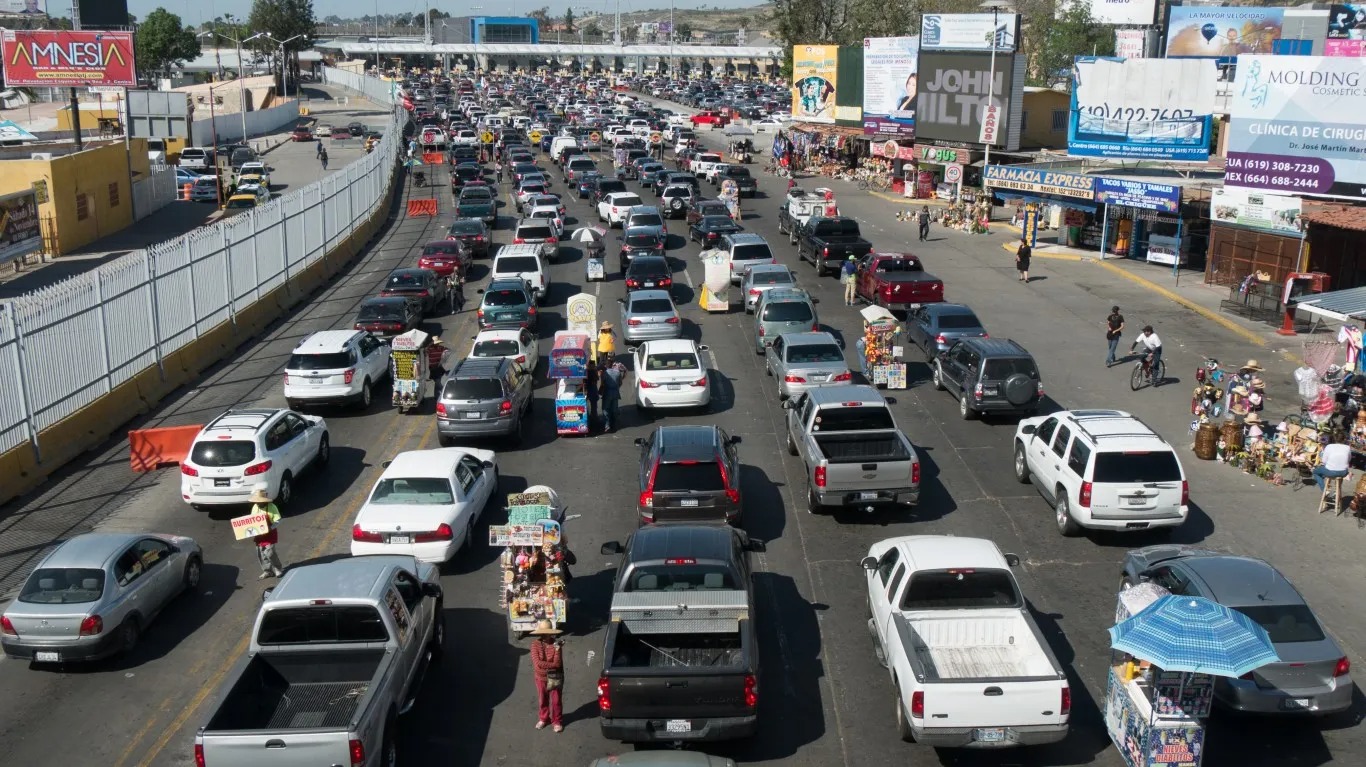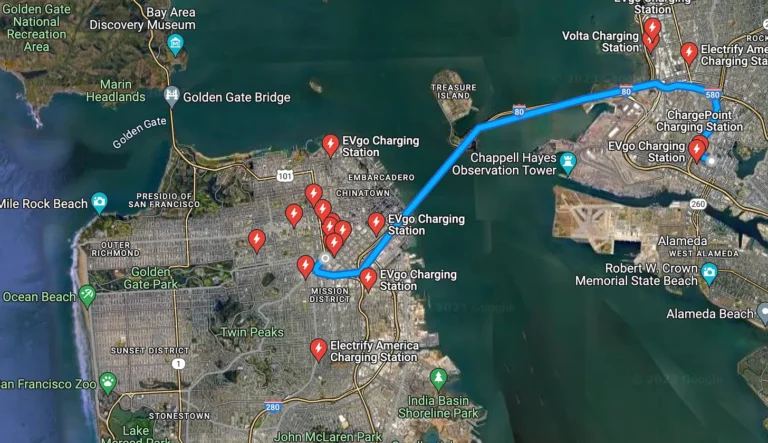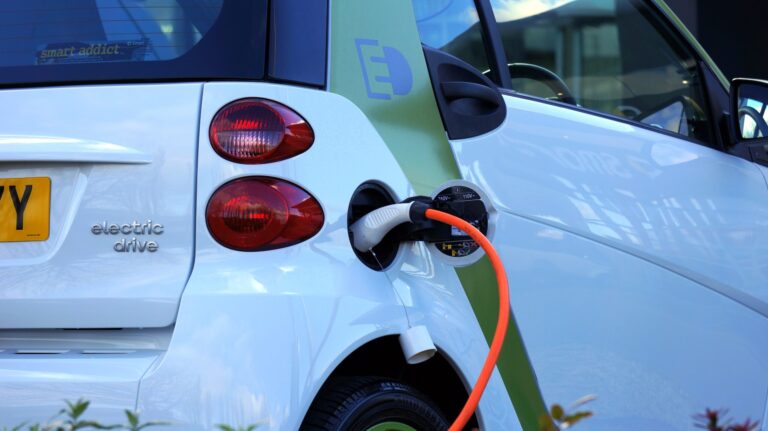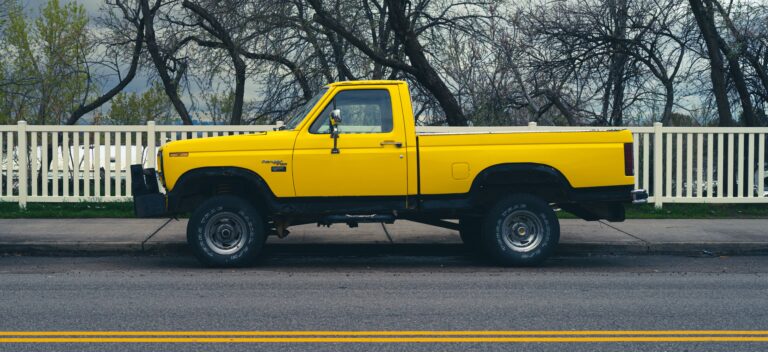Calling all high-mileage honchos: Please ditch your dirty gas-guzzlers and adopt an EV

How much do you drive a year? If you’re the average American motorist with a fossil-fueled car, it’s about 13,500 miles, according to figures from the Department of Transportation. Meanwhile, the average annual mileage for an electric vehicle is about 5,000 miles less.
MORE EV NEWS: Ever Felt Sorry For A Car Dealer? Well, They Want You To — And It’s All Because Of EVs.
MORE EV NEWS: Slowing EV Sales In The U.S.? Meet The Dumb-And-Dumber Auto Dealerships…
And then there’s this group: The 10% of drivers who do more than 40,000 miles each year. Yes, 40,000. With their weekday average of 116 miles per weekday, these 21 million Americans account for 35% of the nation’s gasoline use by private light-duty vehicles (cars, pickup trucks, SUVs, vans and minivans).
Who are they? They tend to live in rural areas, small towns and exurbs, the latter having long commutes to urban areas. They also tend to own vehicles, such as pickups, that are larger, older and less fuel-efficient.
So, what to do about these so-called superdrivers? Put them in EVS, say clean-air advocates. If more of those drivers switched to electric vehicles from fossil fuel-powered models, it would make a major dent in greenhouse gases, according to analysis from Coltura, an environmental nonprofit group based in Seattle.
“If we want electric vehicles to have the greatest impact, we need to get the highest-mileage drivers behind the wheel,” said George Washington University professor John Helveston, who, an author of the study finding that electric vehicles were driven less than gasoline cars.
And it turns out some states are moving in that direction, reports The New York Times, with lawmakers in California, Maryland, Vermont and Washington having recently proposed policies to encourage high-mileage drivers to go electric. For instance, In its latest climate action plan, Maryland proposed an electric vehicle rebate worth up to $5,000 for people who drive long distances. The program, which is not finalized, would require applicants to trade in their older cars and show that they previously had used at least 800 gallons of gasoline per year.
Meanwhile, Washington lawmakers recently commissioned a study of the state’s biggest gasoline users that proposed options to help heavy drivers go electric, including leasing incentives.
Maybe you’ll see them at your local charging station soon.
More from ClimateCrisis 247
- Wind And Solar Face Real Damage Under Trump Laws
- Europe Tesla Sales Plunge 40%
- There Are No Cheap Used EVs
- EV Sales Skyrocket, According To Study






